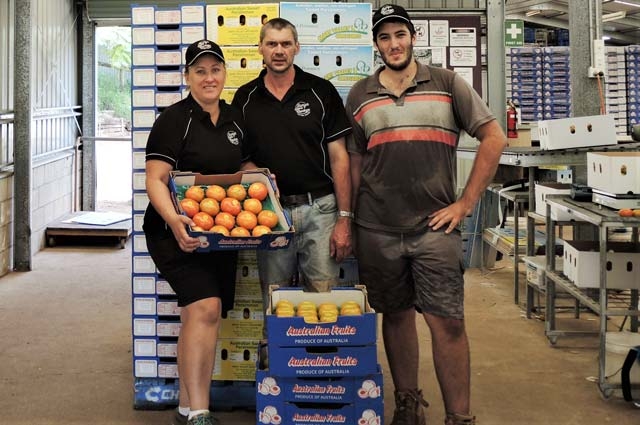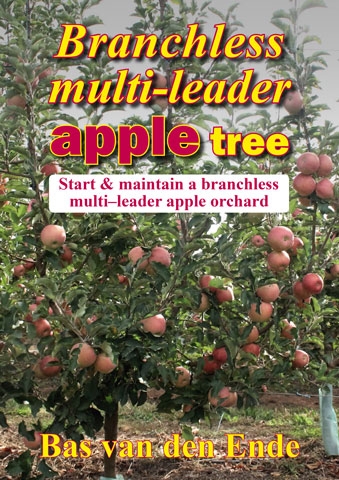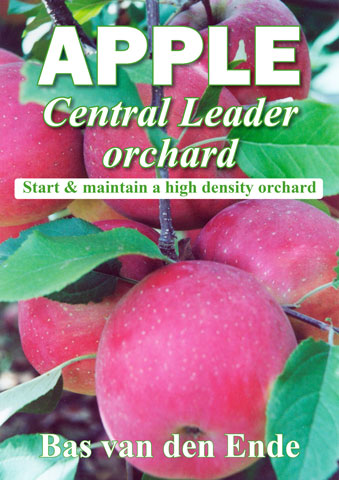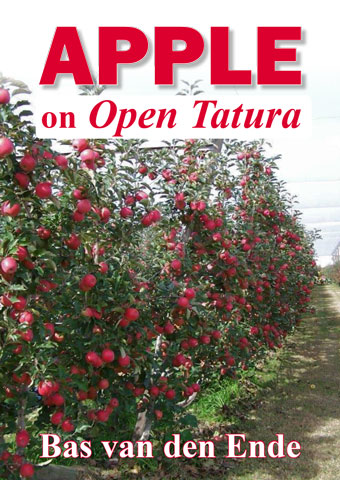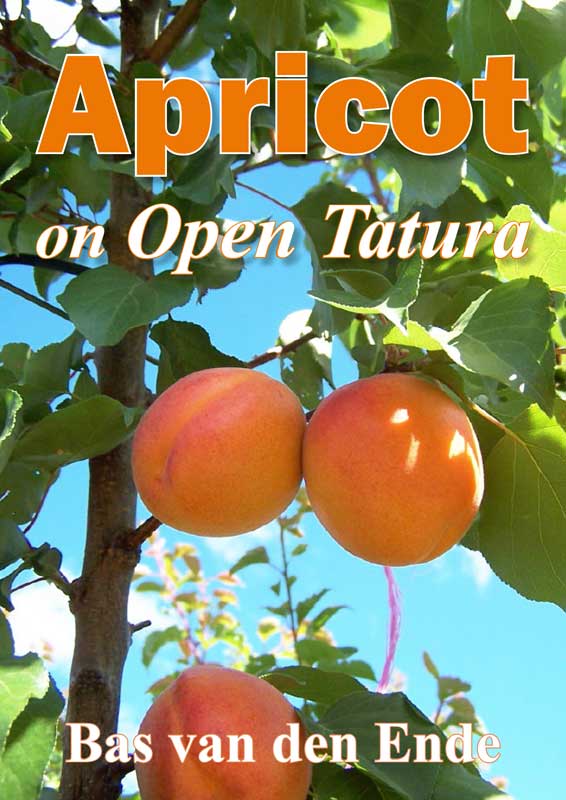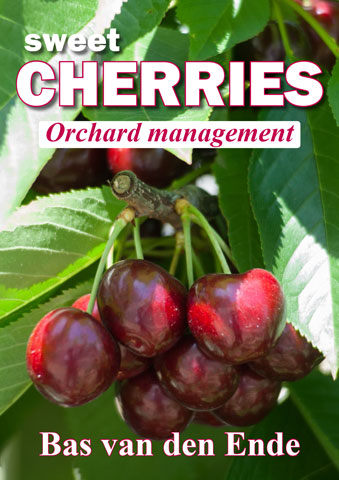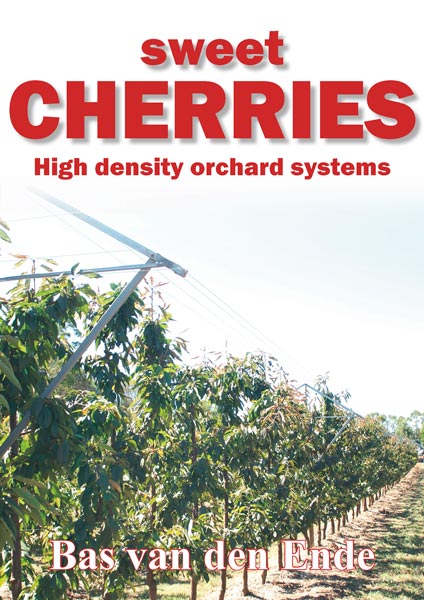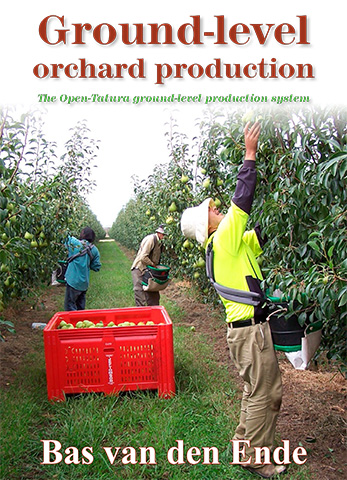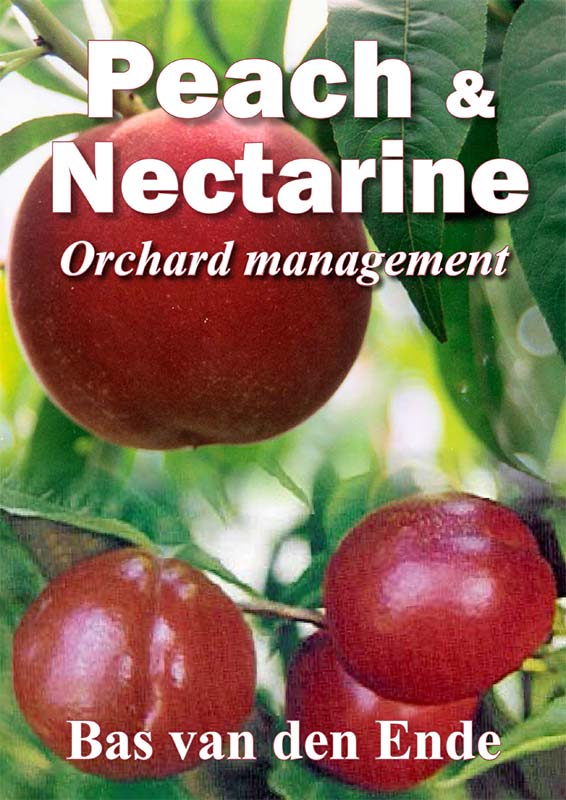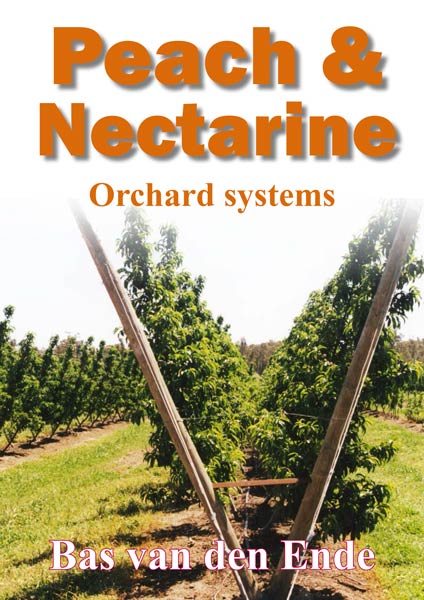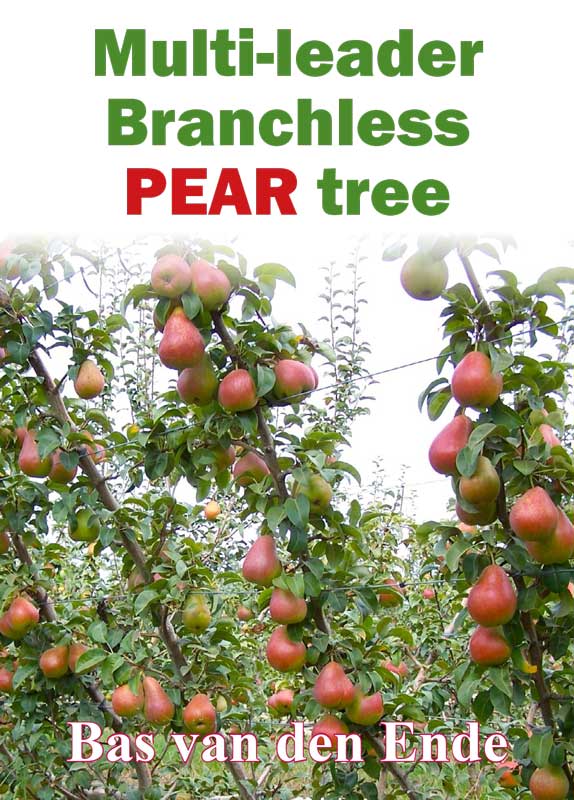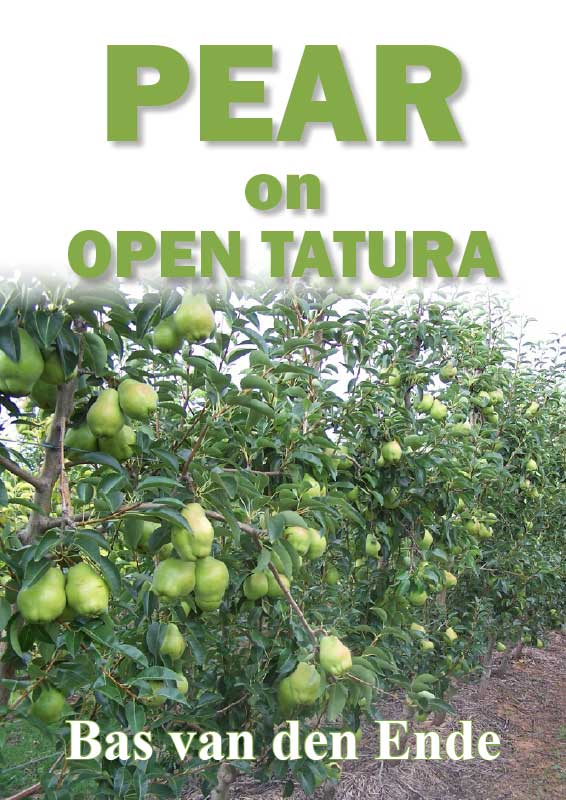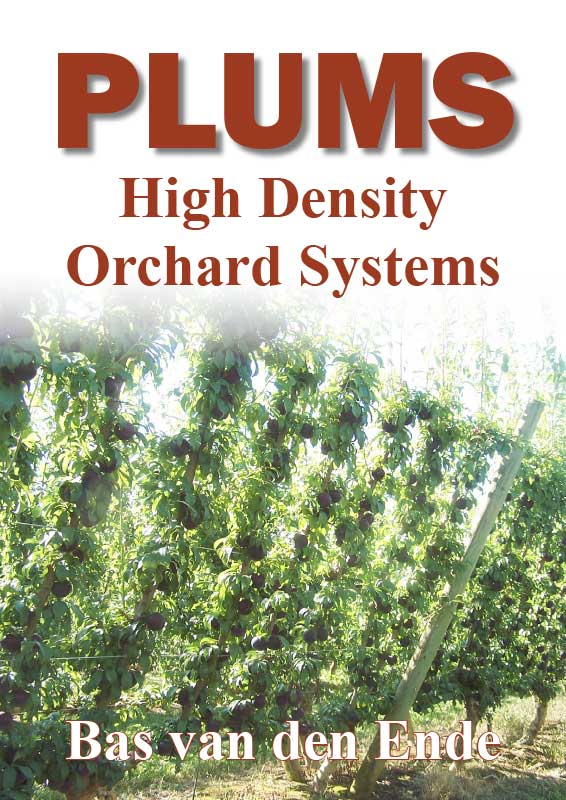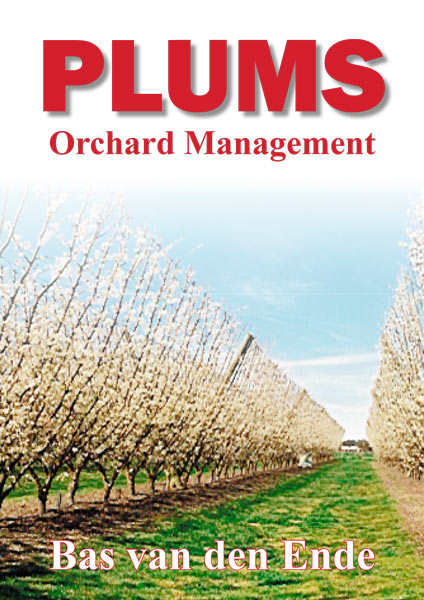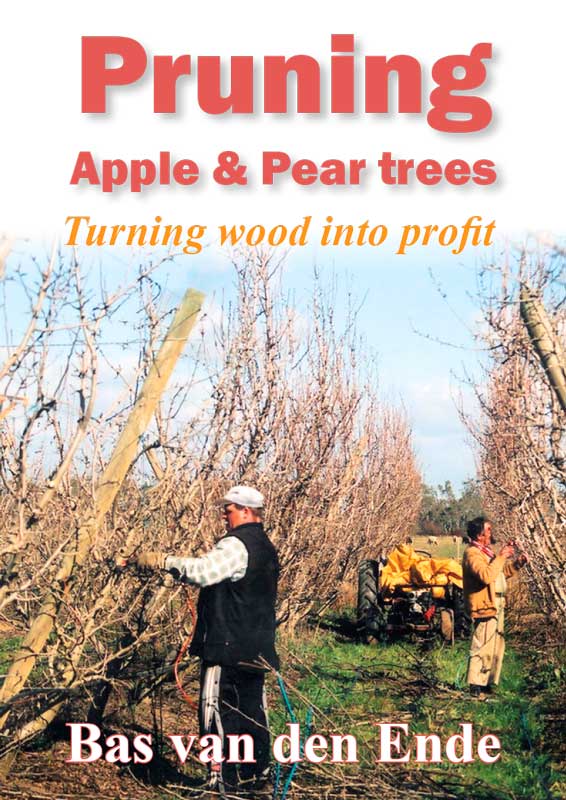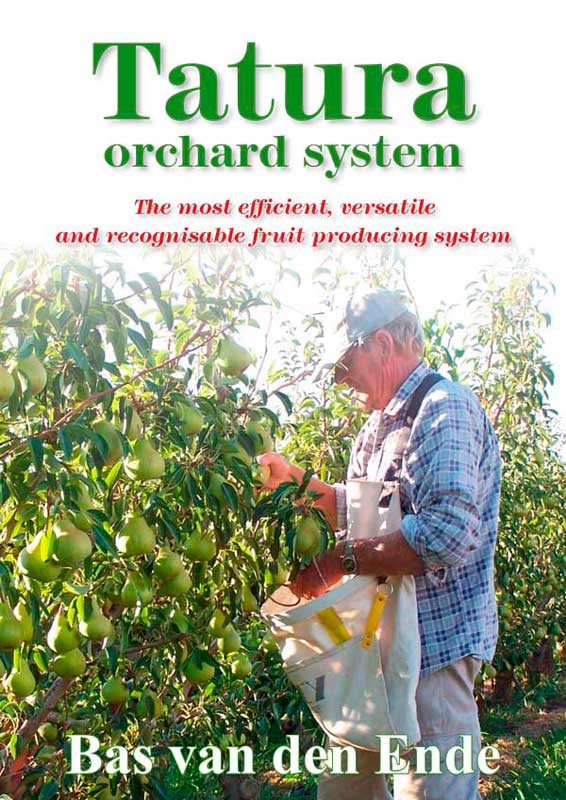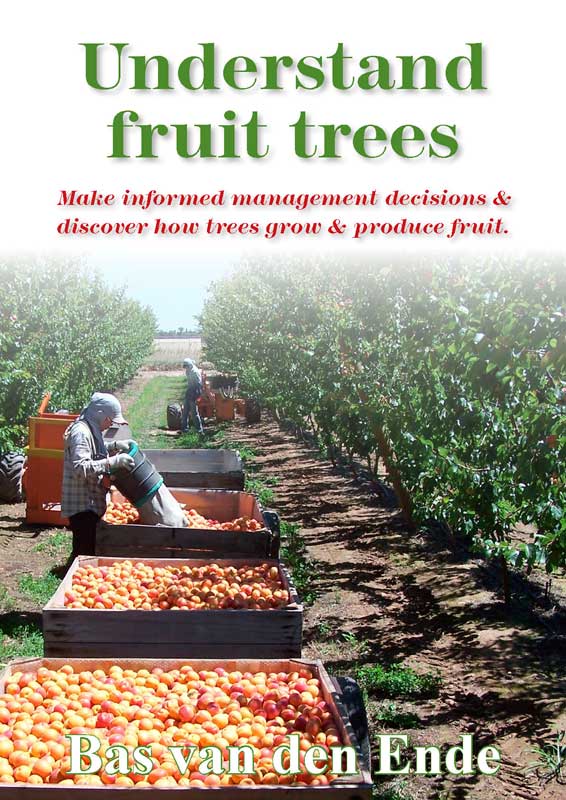Mick and Kylie Carr purchased a 16 ha persimmon orchard next to their grazing property. It looked like a promising operation that would complement their grazing activities.
The mature orchard had 11,000 trees, a packing shed and a local workforce for harvest.
The Carrs turn the cattle onto the persimmon orchard when the harvest is over to clear up fallen fruit and eat the weeds.
Their first year with the orchard was disappointing. The new orchardists lost 30 per cent of their harvest to fruit fly.
“We probably lost 20 tonne of fruit. A 30 per cent loss was not sustainable,” Mr Carr recalled.
Ms Carr said, “For each piece of fruit that we lose we calculate that we have lost one dollar. It’s devastating when you pick a beautiful piece of fruit and turn it over and it’s been stung.
“It was such a waste. We fed trailer loads of spoilt fruit to the pigs. Something had to change,” she added.
Fruition Fruit Fly Trap
In 2018, Ms Carr attended a Persimmon Association conference and heard Professor Dick Drew from Griffith University speak about the Fruition Fruit Fly Trap.
The Fruition Trap is a specific shape and colour to attract Queensland fruit fly (QFF) and comes with a unique lure invented by Professor Drew to attract sexually mature egg-laying female fruit flies.
It is the first lure in the world to attract sexually mature female fruit flies. Traditionally fruit fly traps attract the males and Mr Carr has found these to be ineffective.
The Fruition Trap and lure was commercialised by AgNova Technologies in 2016.
Fruition Traps & lures in the orchard
In their second year as orchardists, the Carrs introduced the Fruition Traps and lures with encouraging results.
“Over that season we probably lost around 10 or 15 per cent of the crop,” said Mr Carr. “This was a huge improvement on the previous year.”
The Carrs used the blue Fruition Traps for the mature female QFF and Natflav, a protein bait, to attract and kill the immature females and immature males.
The Natflav bait is coupled with an insecticide and sprayed onto the foliage weekly.
Mr Carr emphasised, “The traps and the baiting program together made the difference. You need both.”
Minimise chemical use
The Natflav protein bait suited the Carrs who want to minimise chemical use. Mr Carr explained, “The protein attracts the flies down from the top of the tree, away from the fruit. It is not necessary to spray the fruiting part of the tree.”
New Fruition Nova Traps
Late in their 2018 season, the Carrs also found the cucumber fruit fly Bactrocera cucumis in the orchard.
To combat this, they worked closely with Professor Drew and AgNova and trialled yellow Fruition Nova Traps.
By the end of the season, the combination of blue Fruition Traps, yellow Fruition Nova Traps and the Natflav baiting program reduced their fruit loss substantially.
Successful program
In 2019, the Carrs made some adjustments. They were more rigorous with the Natflav spraying and placed an even mix of Fruition Traps and Fruition Nova Traps through the orchard. Rainfall was low so fruit set was down.
“The Fruition system has been our saving grace this year,” said Mr Carr.
“Even though the fruit set was low, it’s been a reasonable year because we haven’t had the fruit losses. In total we lost less than 5 per cent.”
An independent survey of wild guava fruit growing on the Carr’s property by Professor Dick Drew in early April found that 62 per cent of the fruit were infested with QFF, confirming that QFF were active in the orchard and environs at the time that the persimmon crop was ripening and being harvested.
The fact that less than 5 per cent of their persimmons were infested, in areas next to the infested guavas, is a testament to the value of Fruition Nova Traps used in an IPM program with Fruition Natflav protein baiting.
Packout & returns
Ms Carr said people in the packing shed have noticed that there is no issue with fruit fly, and packing has sped up.
This year, the persimmons have gone to markets in Sydney, Brisbane and Melbourne where they fetch a good price. There have also been enquiries from Singapore and Malaysia.
The Carrs said they have been well supported by Professor Drew and the AgNova team.
The orchardists will keep using the AgNova products in 2020. With some fine-tuning and good rainfall, they hope for an even better harvest.
Ms Carr’s advice to other farmers is, “Look at your current program and certainly look into the Fruition program. It has been very successful for us.”
For more information phone 03 9899 8100
agnova.com.au
See this article in Tree Fruit Oct 2019
